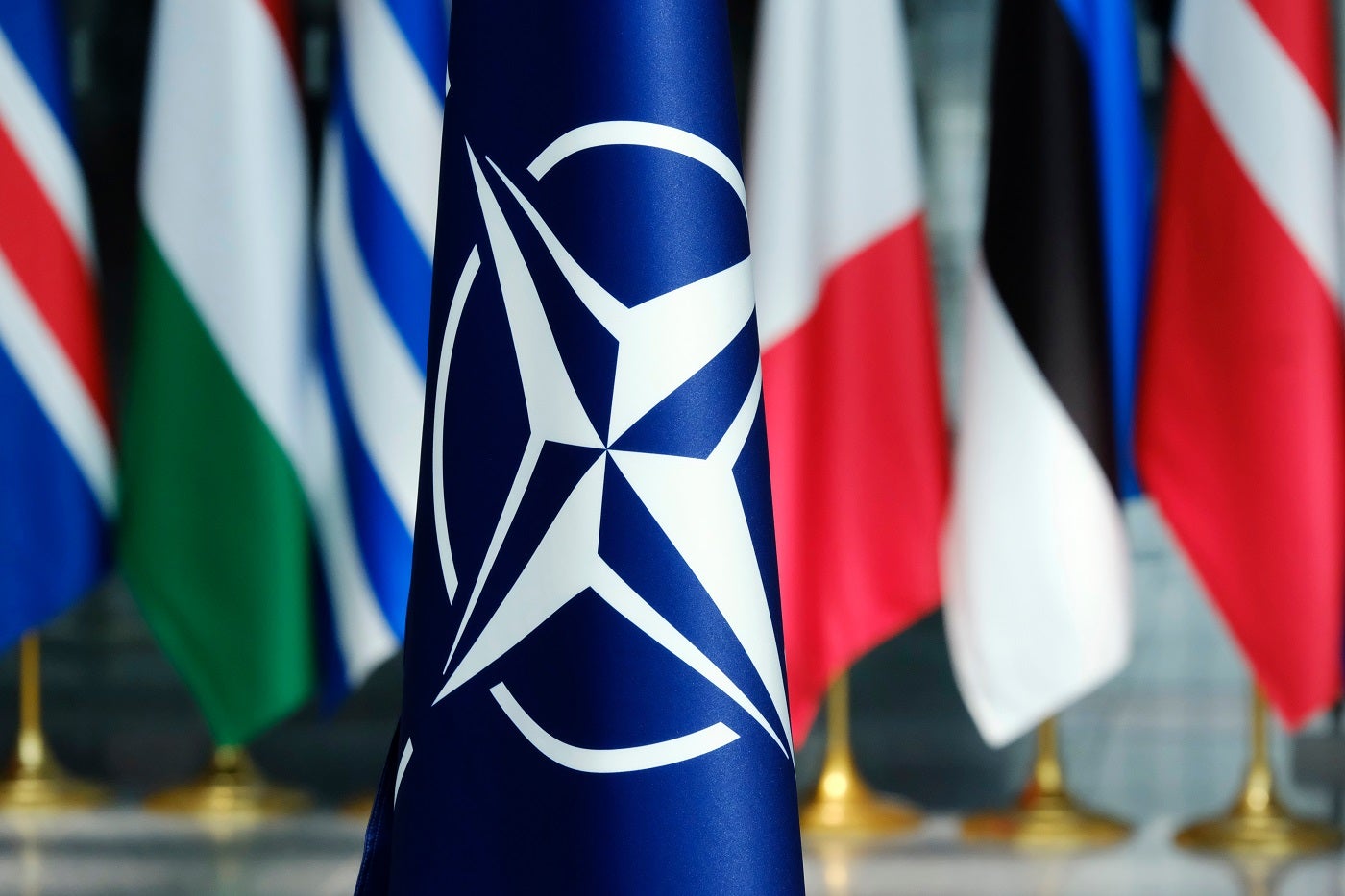
The UK has reaffirmed its commitment to NATO security, particularly to the NATO Nuclear Deterrence, during a visit by members of the North Atlantic Council and NATO Military Committee at His Majesty’s Naval Base Clyde.
Since 1962, the UK has declared its nuclear deterrent to the defence of NATO. All NATO allies have benefitted from the protection of the UK’s Continuous at Sea Deterrent (CASD) under collective defence.
Tristan Sauer, an aerospace, defence, and security analyst at GlobalData, said: “The UK has long played a critical role in reinforcing the nuclear deterrence of the NATO alliance due to its credibility in terms of technological prowess and geopolitical influence.”
NATO’s 2022 Strategic Concept confirmed the UK’s independent nuclear deterrent’s significant contribution to the overall security of NATO. The nuclear deterrent operates 24/7, protecting the UK and its allies from extreme threats.
First Sea Lord, Admiral Sir Ben Key, said: “For 54 years, the Royal Navy has operated submarines carrying the United Kingdom’s independent nuclear deterrent on behalf of the nation and, by extension, our NATO allies.”
Scotland, home to the UK’s nuclear deterrent, also hosts other crucial defence capabilities, including the Quick Reaction Alert at RAF Lossiemouth and a thriving defence industry, with the Type 26 and Type 31 frigates under construction in Scottish shipyards.
Scotland remains at the heart of the UK’s strategic defence capability.
The UK also plans to support its NATO allies through its new Multi-Role Ocean Surveillance (MROS) vessel. The MROS vessel, currently undergoing a short refit period in Cammell Laird, will join the UK’s Royal Fleet Auxiliary (RFA) fleet later this year.
The RFA Proteus vessel will be the first of two MROS vessels dedicated to subsea surveillance and the protection of critical infrastructure.
During her address, Baroness Goldie emphasised the UK’s unwavering commitment to NATO’s collective defence and highlighted the country’s contribution to maintaining international peace and security.
The UK remains committed to supporting NATO’s mission to ensure the safety and stability of the Euro-Atlantic area.
Defence Minister, Baroness Goldie, said: “Our continued investment in the nuclear deterrent is vital to our security and that of our NATO Allies, keeping people safe from the most extreme threats every minute of every day.”
Sauer concluded: “Consequently, as the security situation in Europe continues to deteriorate following the Russian invasion of Ukraine in late February 2022, maintaining the credibility and effectiveness of these nuclear capabilities remains a strategic imperative for the British Ministry of Defence.”



